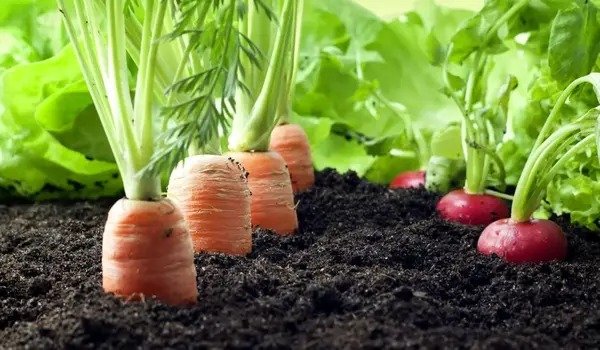Introduction to Natural Farming
After independence, chemical farming was adopted to meet the country’s food needs through the Green Revolution. However, the excessive use of chemical fertilizers and pesticides has polluted water, soil, and the environment. It has reduced organic carbon, earthworms, and beneficial microbes in the soil, thereby diminishing soil fertility and rendering land barren.
Gujarat’s Mission for 100% Natural Farming
Under the guidance of Governor Acharya Devvratji and Chief Minister Bhupendra Patel, Gujarat has undertaken a mission to transition to 100% natural farming. Training programs and guidance are provided to progressive farmers to adopt sustainable farming methods across the state.
Nitrogen Enrichment in Natural Farming
Natural farming methods deliver approximately 895 kilograms of nitrogen per acre, which is 15 to 20 times more than the crop’s requirement. This nitrogen is stabilized through various techniques, including the use of symbiotic crops and microbial activity in the soil.
Significance of Earthworms and Indigenous Microorganisms
Earthworms play a crucial role by stabilizing 214 kilograms of nitrogen per acre. Additionally, leguminous crops aid nitrogen fixation significantly. Indigenous microorganisms thrive with the use of cow dung and cow urine-based “Jeevamrut,” improving soil’s physical and biological properties.
Economic Benefits for Small and Marginal Farmers
Natural farming is cost-effective, as it eliminates the need to purchase chemical fertilizers and pesticides. The use of organic methods enhances soil organic carbon, leading to better crop yields and improving the economic conditions of small and marginal farmers.
Preparation of Organic Fertilizer (Ghanamrut)
To prepare cow dung-based “Ghanamrut,” follow these steps:
- Mix 100 kg of indigenous cow dung, 8–10 liters of cow urine, 1 kg of jaggery, 2 kg of gram flour, and 200 grams of soil collected from under a tree.
- Cover the mixture with a sack and keep it for two days, sprinkling water occasionally.
- Use this mixture to treat seeds and soil for crops like cotton, chili, tomato, brinjal, okra, and mustard for optimal results.
Conclusion
Natural farming is an eco-friendly and sustainable alternative to chemical farming. It emphasizes utilizing local resources to enhance agricultural productivity while preserving the environment and ensuring the health of Mother Earth.



